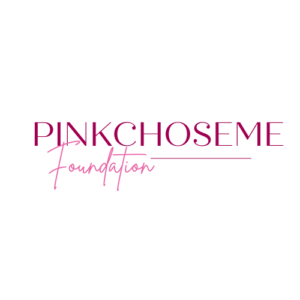
Overview of the Relationship Between Diet and Breast Cancer
Diet plays a significant role in influencing breast cancer risk, treatment outcomes, and overall survivorship. While no specific food or diet can completely prevent or cure breast cancer, scientific evidence shows that certain eating patterns and nutrient choices can lower the risk of developing breast cancer, support recovery during treatment, and improve quality of life for survivors.
Key factors influencing the relationship between diet and breast cancer include:
- Weight Management: Obesity and excess body fat, especially after menopause, are linked to an increased risk of breast cancer due to higher levels of estrogen and insulin.
- Inflammation and Oxidative Stress: Diets high in processed foods, unhealthy fats, and added sugars can contribute to chronic inflammation, which is associated with cancer development.
- Protective Nutrients: Diets rich in antioxidants, fiber, vitamins, and minerals (e.g., from fruits, vegetables, and whole grains) can help protect cells from damage and reduce the risk of cancer.
- Alcohol Consumption: Alcohol intake has been shown to increase breast cancer risk, as it can raise estrogen levels and damage DNA in cells.
Important of Nutrition in Prevention, Treatment, and survivorship
1. Prevention
Nutrition is critical in reducing the likelihood of developing breast cancer. A balanced, plant-based diet focused on whole foods—fruits, vegetables, whole grains, lean proteins, and healthy fats—can lower risk factors. Key dietary strategies include:
- Limiting processed and red meats.
- Reducing sugar and refined carbohydrate intake.
- Increasing consumption of fiber-rich foods, which can help regulate hormones like estrogen.
2. During Treatment
Breast cancer treatments, such as chemotherapy, radiation, and hormone therapy, can affect appetite, digestion, and energy levels. Proper nutrition during treatment helps:
- Maintain strength and energy to tolerate treatments.
- Support immune function and tissue repair.
- Manage side effects like nausea, fatigue, and weight changes.
For example, small, nutrient-dense meals can help patients meet their energy needs, while anti-inflammatory foods like omega-3-rich fish and leafy greens can ease inflammation.
3. Survivorship
Post-treatment nutrition is vital for improving long-term health and reducing the risk of recurrence. Healthy eating habits after treatment can:
- Help survivors achieve and maintain a healthy weight, as obesity is linked to higher recurrence rates.
- Lower the risk of other chronic diseases, such as heart disease and diabetes, which can complicate recovery.
- Enhance overall quality of life through improved energy and physical wellness.
Ultimately, a personalized nutrition plan, often developed in consultation with healthcare providers or registered dietitians, ensures that individuals have the right tools to support their health at every stage of the breast cancer journe
American Cancer Society. (n.d.). Nutrition and Physical Activity for Cancer Prevention.
Retrieved from https://www.cancer.org/cancer/risk-prevention/diet-physical-activity.html